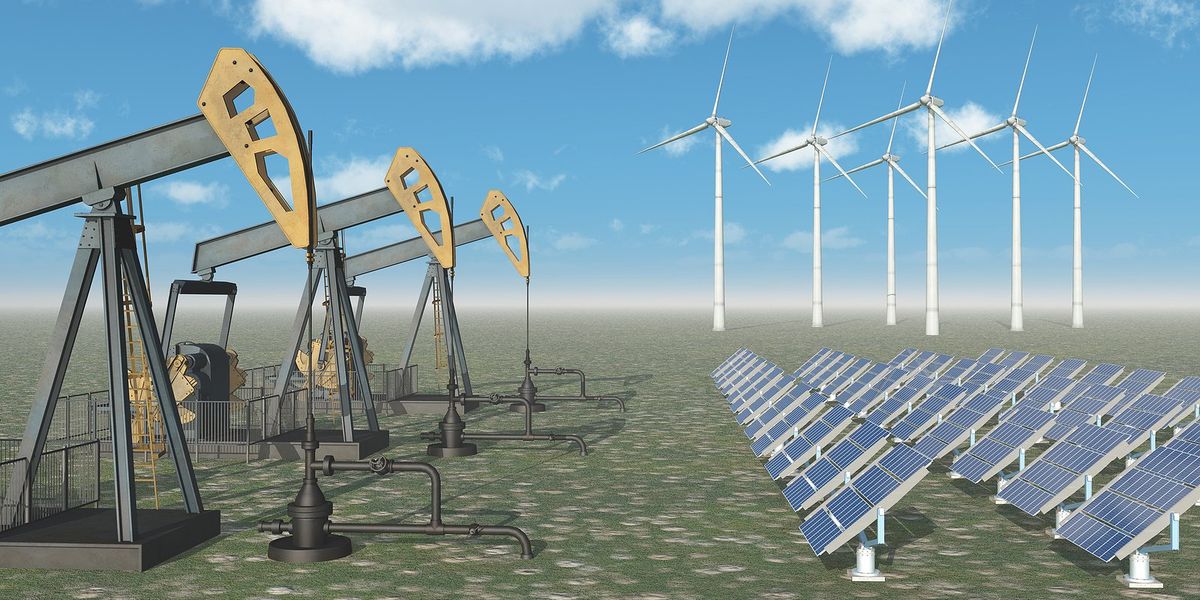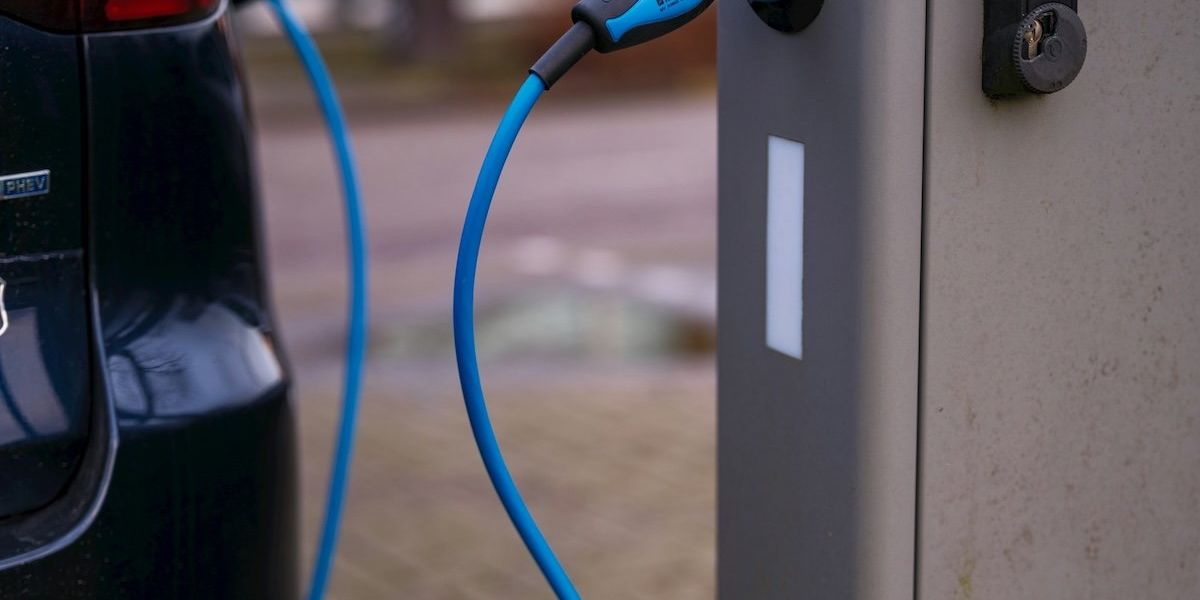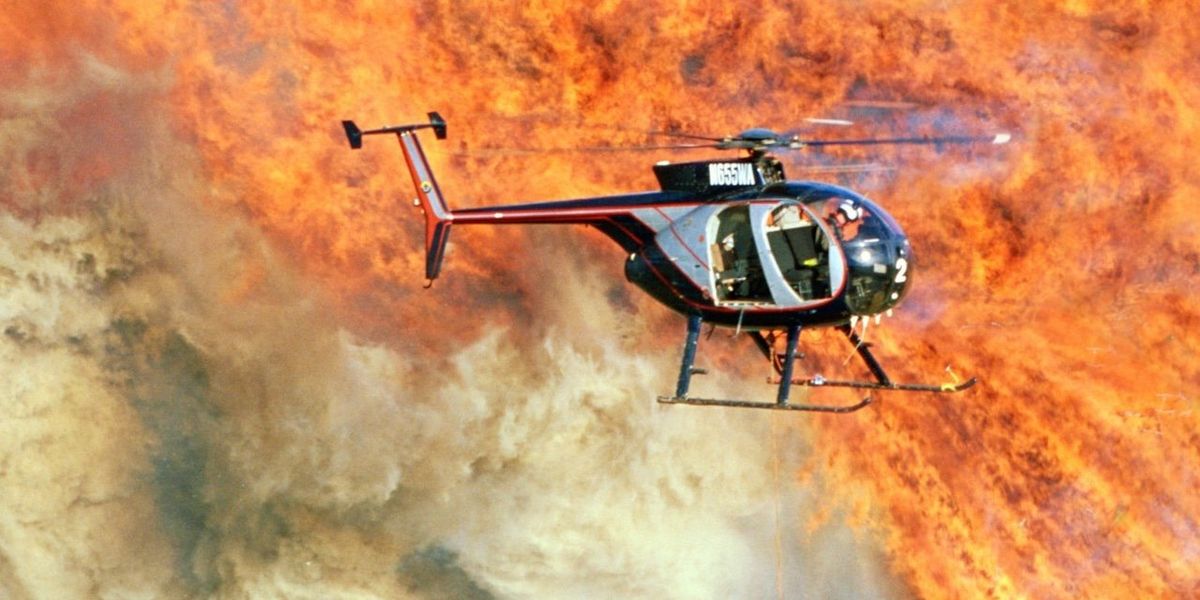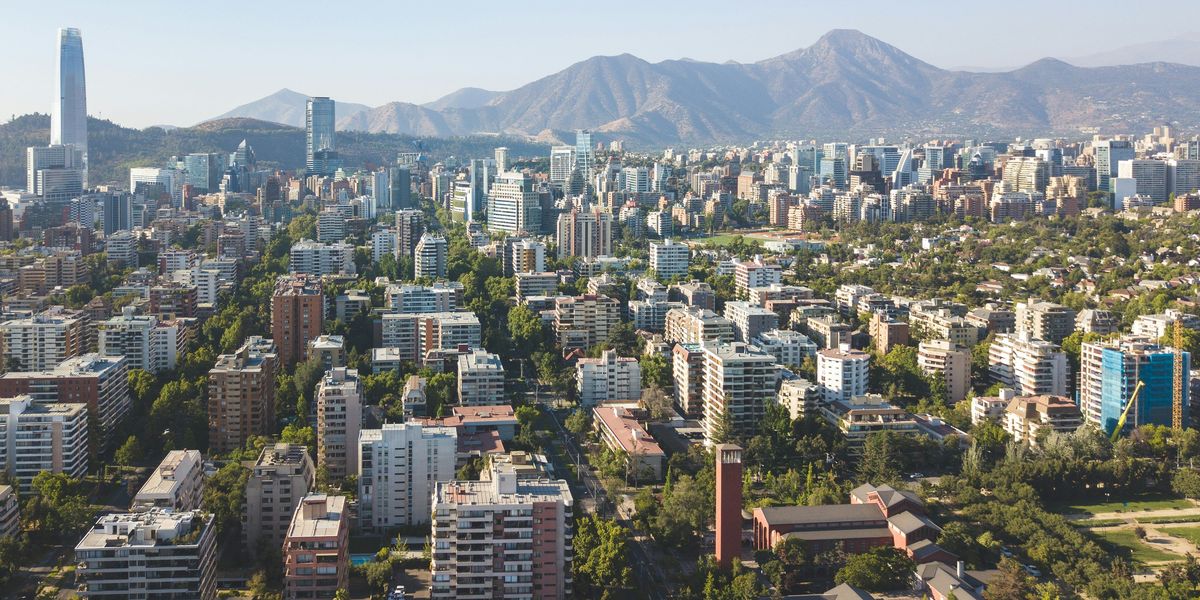Extreme weather isn’t the future — it’s already straining budgets and resources
From hurricane-ravaged Florida to drought-stricken Australia, the true cost of climate change is hitting home — literally and financially. A five-part Living Planet series reframes climate change not just as an environmental crisis but as an economic time bomb, already reshaping retirements, insurance markets, and entire communities. But it also shines a light on opportunities for transformation.
Sam Baker and Charli Shield report for DW.
In short:
- Part 1: Climate change is fueling more frequent and intense hurricanes. The U.S. now faces billion-dollar weather disasters every three weeks — up from once every four months in the 1980s. As Florida’s storms grow more destructive and insurers bail, homeowners are being left to weather the costs of climate change on their own.
- Part 2: Clean energy isn’t just possible — it’s profitable. Experts say transitioning to renewables is not only cheaper than fossil fuels long-term, but already economically smart. A climate-rattled Australian farmer proves the concept by turning his drought-ravaged land into a renewable energy powerhouse.
- Part 3: Who should pay to fix climate change? Turns out it’s complicated. The debate over how to finance climate action is turning into a political minefield, as governments struggle to balance subsidies, taxes, and fairness in their quest to cut emissions. Globally, fossil fuel subsidies remain staggeringly high — $7 trillion in 2022 alone — fueling planet-warming pollution and undercutting efforts to fund clean energy transitions.
- Part 4: Extreme heat is wrecking our health, economy, and infrastructure. As global temperatures rise, the deadly and costly toll of extreme heat is pushing health systems, workers, and city infrastructure past their limits. Heatwaves are now the deadliest weather-related threat, straining emergency rooms, degrading hospital infrastructure, and causing surges in life-threatening conditions like strokes and heart attacks.
- Part 5: The economy keeps ignoring nature, and it’s costing us more than we realize. When ecosystems collapse, we lose food security, climate buffers, and even the sources of life-saving medicines. Economists argue nature’s value — like pollination, flood protection, and biodiversity — is excluded from GDP, leaving society blind to its economic and health benefits.
Why this matters:
In DW’s new Living Planet series, reporters Sam Baker and Charli Shield rip the “future problem” label off climate change and show how it’s quietly bulldozing through economies across the globe. The message is clear: climate change isn’t just a natural disaster — it’s also an economic one. And whether it’s a flooded basement or a heat-stressed heart, it’s already costing us more than we bargained for.













